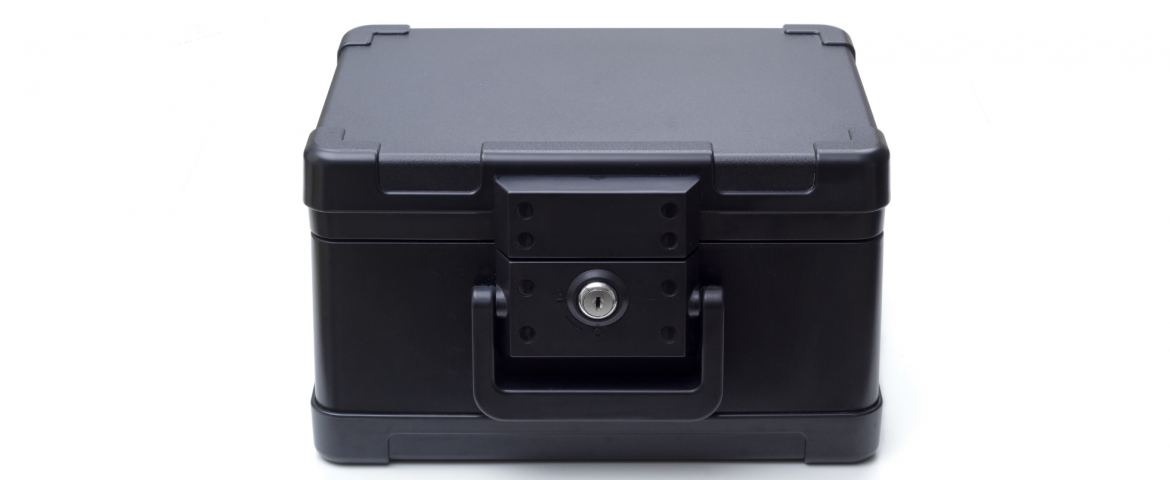In part one we mentioned ‘Filers’ and ‘Stackers.’ Even if you’ve determined you are a stacker, it is recommended that you implement a storage system for long-term documents.
For example, you would not store the large roasting pan that you only use for cooking the Thanksgiving turkey on the top of your counter, but you may keep your coffee maker and your drainboard out because you use them regularly. Note: ‘Filers’ may put these away too, if they have space! Long-term paper is like a large roasting pan. It’s vital but you don’t need it very often, so it needs to be filed away. When you do need it, you want to be able to find it.
What is a long-term paper?
Documents such as tax records, loan documents, automobile titles, stock ownership, leases, insurance policies, deeds, birth records, medical records, are examples of documents that one needs to keep for a long time.
How to store long-term documents:
Currently, there are several acceptable methods for storing long-term paperwork. The best way depends on the individual situation.
- Some are comfortable storing everything electronically. It certainly cuts down on clutter and your documents are accessible anywhere. See our future blog post in this series devoted to digital paperwork solutions.
- Some prefer maintaining hard copies. These important papers should be securely stored in a fire and waterproof locking file box (here’s one we like on Amazon) and/or placed in a safe-deposit box. Documents that are needed in the event of one’s death should be kept with the proper trusted persons.
- Many prefer using a combination of methods, such as hard copies, thumb drives and cloud storage to minimize the risk of loss.
What to include in your long-term paper filing:
AARP recommends including the following documents and potential locations for storing hard copies in your long-term paper filing system:
In a safe-deposit box, home safe, or in a fireproof box at home
-
Birth certificates
-
Certificates of deposit
-
Citizenship and naturalization papers
-
Copy of financial notebook
-
Death Certificates
-
Education degrees
-
IRA papers
-
Legal agreements
-
Marriage/divorce documents
-
Military discharge papers
-
Property bills of sale
-
Property deeds
-
Personal property appraisals
-
Personal property inventory and pictures
-
Stock and bond certificates
-
Vehicle titles
-
Financial power of attorney
-
Insurance policies
-
Living will
-
Medical power of attorney
-
Property tax receipts
-
Trust documents
-
Product warranties
-
Wills
Copies with your attorney, relative, friend, or agent
-
Burial instructions
-
Financial plan
-
Financial power of attorney
-
Medical power of attorney
-
Living will
-
Trust documents
-
Wills

